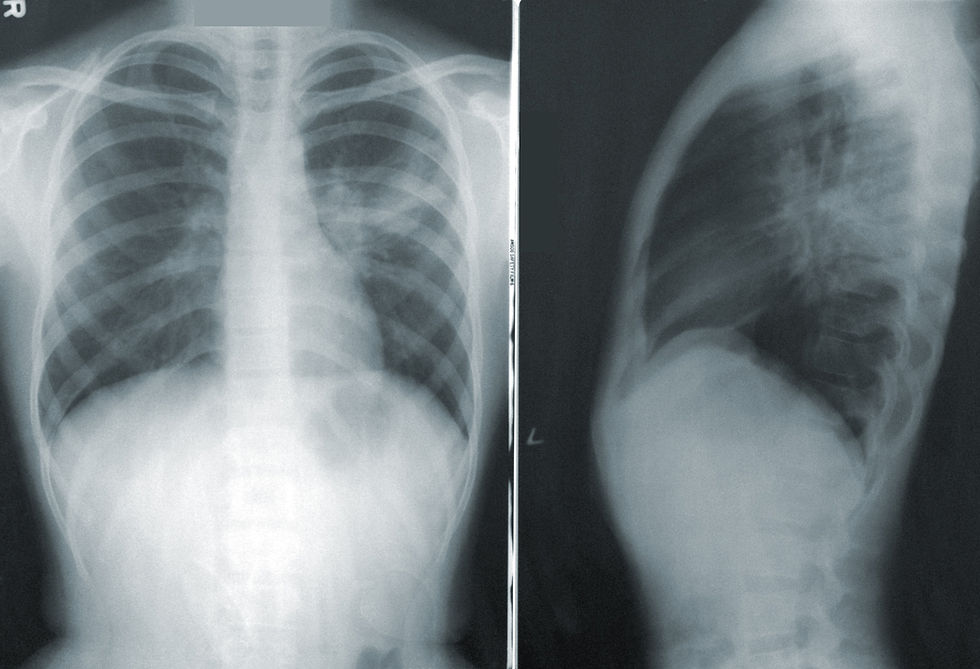New drug halts deadly lung disease
- Jul 16, 2017
- 1 min read

Researchers from the NIHR Southampton Respiratory Biomedical Research Unit have seen promising results from a new treatment for the incurable, fatal lung disease idiopathic pulmonary fibrosis (IPF).
Preventing lung damage
Each year over 5,000 new cases of IPF are diagnosed in the UK, with an average life expectancy of only three years. The condition, which usually affects elderly people, causes steadily expanding inflammation and scarring of the lungs, making it increasingly difficult to breathe.
The latest research, led by Prof Donna Davies and published in the journal Oncotarget, has shown that the drug romidepsin can stop the spread of damaged, scarred tissue in the lungs. If given to newly diagnosed IPF patients, it might help prevent their condition from getting worse.
Switching genes on and off
Genes can be turned on or off by modifying the histone protein balls that DNA is wrapped around. Romidepsin works by preventing chemical changes to histones, influencing which genes are active in fibroblast cells involved in the scarring of lungs in IPF patients.
By allowing chemical structures called acetyl groups to build up on certain parts of the histone proteins, Romidepsin stopped fibroblast cells taken from IPF patients and grown in the lab from growing and multiplying.
Although this research is still at an early stage, it shows that Romidepsin is a promising new drug for trials aimed at improving survival and quality of life for IPF patients.



Comments